Society
How people group together, organise their rules and systems are all part of what create a society. In this section articles examine the nature of society how it interacts with other themes of culture, power, etc. and how societies have developed and changed over time. The structures of the ancient world are explored as are the complex feudal systems and the varied societies of Empire and modernity.
Sort by:
Date (Newest first) | Title A-Z
Show:
All |
Articles |
Podcasts |
Multipage Articles
-
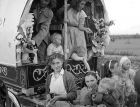
Teaching Gypsy, Roma and Traveller history
ArticleClick to view -

CARGO Classroom: digital resources for diverse histories
17th March 2021Click to view -

Census 2021: using the census in the history classroom
ArticleClick to view -

Transatlantic slavery – shaping the question, lengthening the narrative, broadening the meaning
ArticleClick to view -
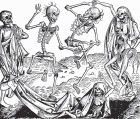
What Have Historians Been Arguing About... the long-term impact of the Black Death on English towns
ArticleClick to view -

Past Time Toolkit: new learning resource about Victorian Prisons
20th April 2020Click to view -
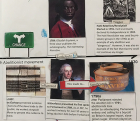
Unravelling the complexity of the causes of British abolition with Year 8
ArticleClick to view -

Family stories and global (hi)stories
ArticleClick to view -

Cunning Plan 178: How far did Anglo-Saxon England survive the Norman Conquest?
ArticleClick to view -

Cunning Plan 177: teaching about life in Elizabethan England by looking at death
ArticleClick to view -
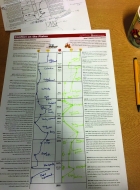
Using historical discourse to find narrative coherence in the GCSE period study
ArticleClick to view -
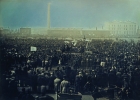
Teaching Year 8 pupils to take seriously the ideas of ordinary people from the past
ArticleClick to view -
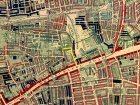
Using an anthology of substantial sources at GCSE
ArticleClick to view -
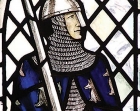
The dialogic dimensions of knowing and understanding the Norman legacy in Chester
ArticleClick to view -

Absence and myopia in A-level coursework
ArticleClick to view -
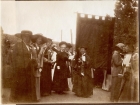
Polychronicon 174: Votes for Women
ArticleClick to view -

Peterloo: HA interview with Mike Leigh and Jacqueline Riding
ArticleClick to view -

Cunning Plan 173: using Black Tudors as a window into Tudor England
ArticleClick to view -

Couching counterfactuals in knowledge when explaining the Salem witch trials with Year 13
ArticleClick to view -
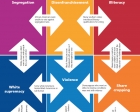
‘Its ultimate pattern was greater than its parts’
ArticleClick to view

